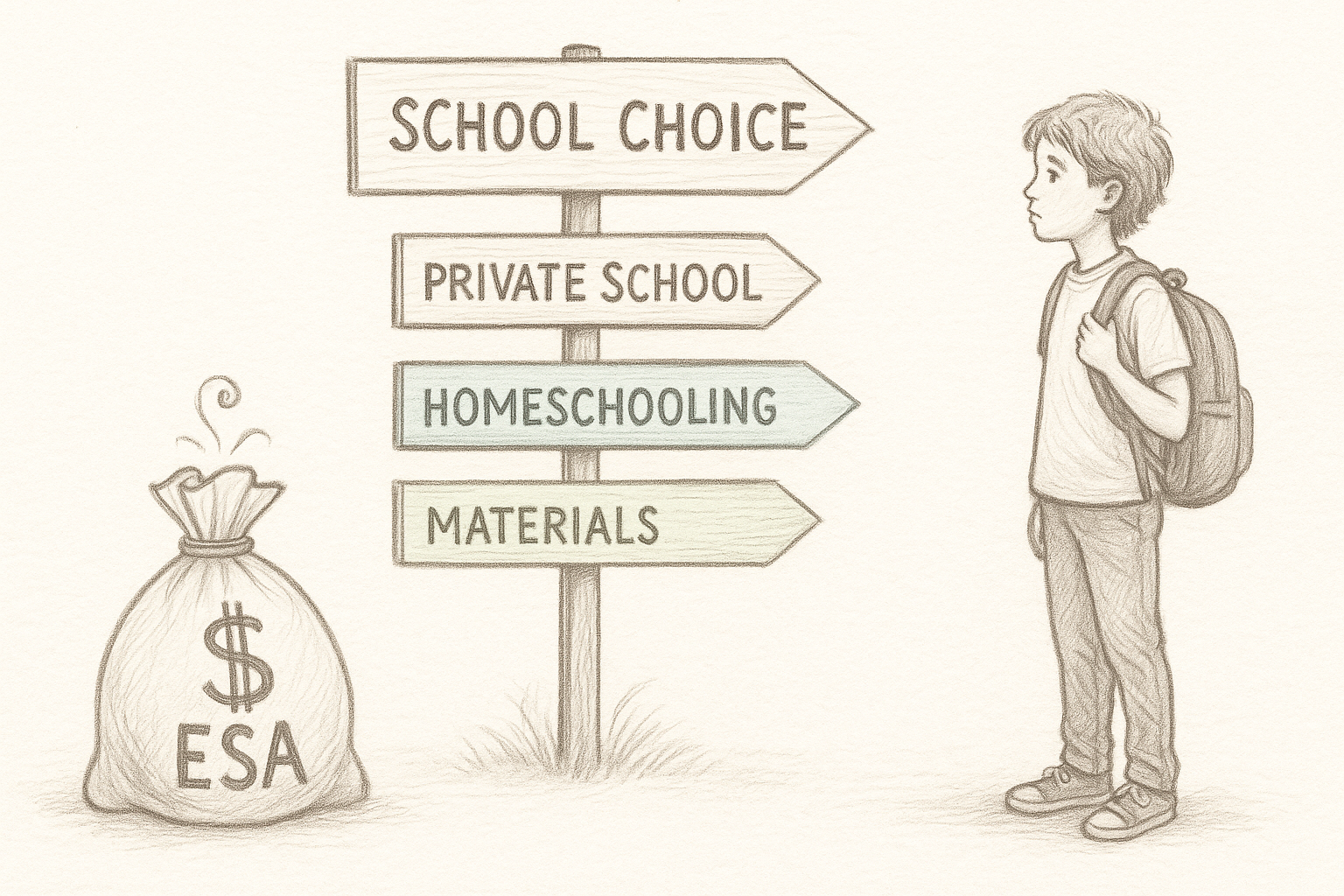We’ve been discussing executive function a lot in the halls of Cicero these days—ok, by “halls” we mean on our Slack channel for teachers.
Executive function, or EF for short, is a professional term. It’s a big bucket of life skills that includes how to organize ourselves, be on time, keep track of events, appointments, and assignments; and generally manage life. In a professional environment, recruits and employees are assessed on their executive function.
In a traditional school environment we often expect kids to just acquire executive function skills naturally (or magically) over time as they mature. But, in truth, it doesn’t work like that. Ask any professional recruiter about their assessment matrix, and the executive function dimension will demonstrate a lot of variability. Not all adults are have good executive function skills; in fact, most of us really suck at EF.
Executive Function and Self-Directed Learning
Executive function is really important at Cicero, in part because of our model. Typically, a Cicero student meets with his teacher once or twice weekly. The rest of the week, he is working on his own, with maybe a few email or WhatsApp messages. All our students are remote. They have to manage their calendars, be able to log into Zoom/Meet, and structure their days, weeks, and semesters so that they can learn effectively. In a traditional school where a bell literally rings in order to move kids from one task to another a lot of this responsibility is handled by the institution and its teachers. But, in Cicero and other forms of self-directed learning, those enabling forces don’t exist. The student has to be in charge of herself.
This is one reason why we not only offer a course in executive function but we talk about it a lot. It ends up that most Cicero teachers also wrap it into their course design.
But What Is Executive Function for Teenagers?
Michael Alex, a social science teacher who runs an executive functioning course for Cicero, says the core of any good EF course or coaching is the concept of metalearning. That is, learning about learning. In order to be more organized and on top of our stuff, we need our brains to work better. And, the best way to get your brain to work better is to think about how your brain works.
“Metalearning is the key for me,” says Michael. “I think that kids are better served to the extent that they get thinking about their thinking, which includes planning, organization, etc.” Michael shares lots of hacks and tips in his work with teenagers, but the focus is deeper than that. “For most adolescents, a dedicated effort to build a learning practice (with mentoring and support) is key.”
One of the texts that Michael uses in his course is How to Be Miserable by Randy Paterson, a Canadian psychologist, who describes everyday behaviors, habits, and ways of thinking that we all fall into that can be destructive or not useful—like not getting enough sleep, getting information overloaded, and letting stress overtake us.
The Teenage Brain
The idea is that as kids learn how their brains work they can begin to actively do things—change mindset, build habits—in order to get their brains to work the way they want.
But, of course, we’re talking about teenage brains here, which, as it ends up, don’t work exactly the same way as adult brains.
In Brainstorm, The Power and Purpose of the Teenage Brain Dr. Daniel Siegel describes how the neurobiology of the teenage brain works to help teenagers feel more deeply, which helps them learn how to build strong interpersonal bonds but also makes them seem overly emotional, brittle, or “crazy.” But feeling deeply is a natural part of the process of growing and developing; and the more that we—kids and adults alike—understand how the teenage brain works, the more empowered we are to, as Michael Alex does in his course, see it “as a super power [and] gateway to competence and confidence.”
Michael recommends Brainstorm for educators and parents alike; and our Slack as been on fire with discussion about it.
How Wellness Fits In
There is a key—indeed, foundational—link between executive function and wellness. If you think about it, it’s pretty obvious: It’s very difficult to improve your thinking if you’re tired, unhappy, or stressed. And, as it happens, a lot of teenagers are tired, unhappy, and stressed. Working on wellness is an important piece of the EF puzzle.
The other day—again, in the Cicero teacher Slack—a group of teachers were discussing a middle school student they all teach and coordinating some of their strategies. Jemma Lewis, a biology teacher, shared that she’s reading Bill Bryson’s book The Body with the student and that they’re just about to start the chapter 4 on the brain. Michael, who’s also teaching the student, chimed in that he and the student just completed a class on wellness and the central nervous system. Connections made!
As it happens, in his course with Cicero, Michael introduces breathing, meditation, and yoga. He and his student look at the science and history of these practices, discuss how they work effectively, and—if the student is interested—give it a go. Alex has advanced yoga instructor training (500+ hours), and will often run part of the class as a yoga session, if that’s the right direction for the student. (Remember, all our courses are personalized to the student.)
Getting Started
An ELA and writing teacher who is trained as an EF coach shared the other day that he really doesn’t like the term executive function. It feels sterile, pre-professional, and unrelatable to teenagers. That may be true for some; while others may feel as though by using the term we’re treating them like the adults they’re becoming. In any case, few people disagree that building a solid foundation of executive function skills like the ability to manage a schedule, time management, and work organization, coupled with solid wellness practices like adequate sleep, exercise, and meditation sets teenagers up for success.
Our failure as educators is that we spend far too little time working on these things.







